T1D Guide
T1D Strong News
Personal Stories
Resources
T1D Misdiagnosis
T1D Early Detection
Research/Clinical Trials
Managing Type 1 Diabetes in the Workplace
If I have learned one thing in my time as a person with type 1 diabetes, it’s this: Even though the monotonous ups and downs of dealing with diabetes don’t always seem like they directly affect daily life, they certainly do.

When I was diagnosed with type 1 diabetes two and a half years ago at the age of 20, I naturally a myriad of questions, worries, and anxieties. As time moved on, most of my fears were not only extinguished but replaced with a new sense of understanding and pride in how I was able to overcome challenges and take care of my body. There are, of course, many other obstacles I have had to face that I did not initially consider at the time of my diagnosis, but I haven’t let the unknown weigh me down.
Transitioning from College to Career
One great example of this kind of hurdle for myself is work and all of the factors that go with it. This includes job interviews, long drives to and from, and breaking the ice about my diabetes to coworkers and managers. Simply put, no matter if I have been at an internship with a plummeting blood sugar or walking through a career fair at Purdue University, there were several moments in which my T1D imposed unexpectedly.
Now, here’s the light at the end of the tunnel: Just like with any other challenge, I quickly adapted and created routines that worked for each scenario.
The other truth I have learned about having type 1 diabetes (T1D) is that it forces you to constantly prove yourself wrong when you think you aren’t capable, and it trains you to be quite clever in the process.
Here are some tips that I live by and the different scenarios I see fitting into my daily life to overcome everyday problems as they arise.

Being Overly-Prepared is NOT a Thing.
Now let me say this: I have never been a light packer. It didn’t matter if I was 10 years old with my pink polka dot suitcase going to Disney World or 22 coming home for the weekend from college; I always brought multiple bags packed to the rim, which serves me well having T1D.
It should come as as no surprise that I find myself rummaging through a full purse, backpack, or pocket every day with tons of T1D essentials. Before my diagnosis, this was primarily comfort items (chapstick, phone, credit cards, IDs, and cash). I have found that this action now is necessary for a worry-free day, and even life saving.
Pack Extra Supplies and then Some
At work, I always make sure to have at least one fruit snack pack in my pocket and several more standing by in my backpack. I keep a small stash of alcohol wipes for intermittent finger pricks, and when I was using insulin pens, plenty of extra needles (and I mean plenty) in my backpack. As my drive to work was around 30 minutes there and back, I always kept extra snacks in my center console for quick retrieval during ever-loved five o’clock traffic.
There have been times when I have needed one thing to treat a low and other times when I have emptied my stash, but having an excess of vital supplies has never left me worried about running out of something crucial.
Long Days are Hard, Don’t Make Them Harder!
Everybody has them—long days at work that feel like they might never end. You may have a special event, be hosting someone from out of town, or be on a work trip yourself. Either way, days out of the ordinary certainly do occur, and even if they are fun and exciting, I have found it doubly important to be prepared.
One important thing to remember is this: hydrate and eat a good meal.

This advice rang true throughout my internship and work experiences, especially while visiting career fairs. Career fair days are long, stressful, and involve lengthy periods of standing around and waiting.
Hydrate!
At such events, I have found it easy to get so caught up in the excitement and nervousness of the day that I forget basic tasks such as not only bringing a filled water bottle but drinking it.
So, on days when I am running around, here is what I have found helps me. In addition to bringing extra diabetes supplies, I make sure I actually drink that water. Standard hydration is essential from a physical and mental standpoint, but it can kill two birds with one stone and act as a blood sugar reducer.
The American Diabetes Association (ADA) says the health benefits of drinking water include: flushing out toxins, regulating gut health, and reducing blood sugar spikes by avoiding dehydration.
Stress can wreak havoc on your blood glucose and make it rollercoaster like crazy, so I have found hydration crucial during times when my blood sugar has maybe (definitely) crept a little higher than desired.
Fuel up with Healthy Snacks
I also find that at busy events, it often can be hard to find food to suffice for a full meal, or there may just not be a large amount of time allotted in order to get one. Take it from me when I say not to let this stop you from getting some real food!

I’ve learned the hard way that eating four fruit snack packs not only severely depletes your blood sugar snacks, but it doesn’t do a good job of filling you up. So, save your blood sugar snacks for a more appropriate time and either pack a lunch from home or take the time to grab a quick bite from a food truck or local restaurant, if available.
Additionally, even if unintentional, skipping meals can cause your blood sugar to drop or just ride the jittery line between “low” and “in range.” This always makes me feel shaky and hangry, which is not a good combination.
The moral of the story? Don’t let a busy day stop you from taking care of yourself!
Full Disclosure
Lastly, there always seems to be one specific elephant in the room regarding the interview process: Do I tell them I’m a T1D?
My advice? Do what makes you feel comfortable. The answer to this question is, of course, different for everyone, depending on each unique scenario. The beautiful thing is that this question should not serve as a point of stress in the process because disclosing this information is completely up to you.

Remember that being a person with type 1 diabetes does not make you less qualified than anyone else, and it can even be proof of dedication and strength. Although the idea of navigating the workforce as a person with type 1 diabetes initially seemed scary, I have found it to be anything but.
It has simply been another means of better understanding my body and how to take care of it, as well as better understanding how to manage highs and lows in unforeseen circumstances. Through the past few years, I have learned not only how to prepare an elevator pitch but, more importantly, how to better prepare myself.








.webp)
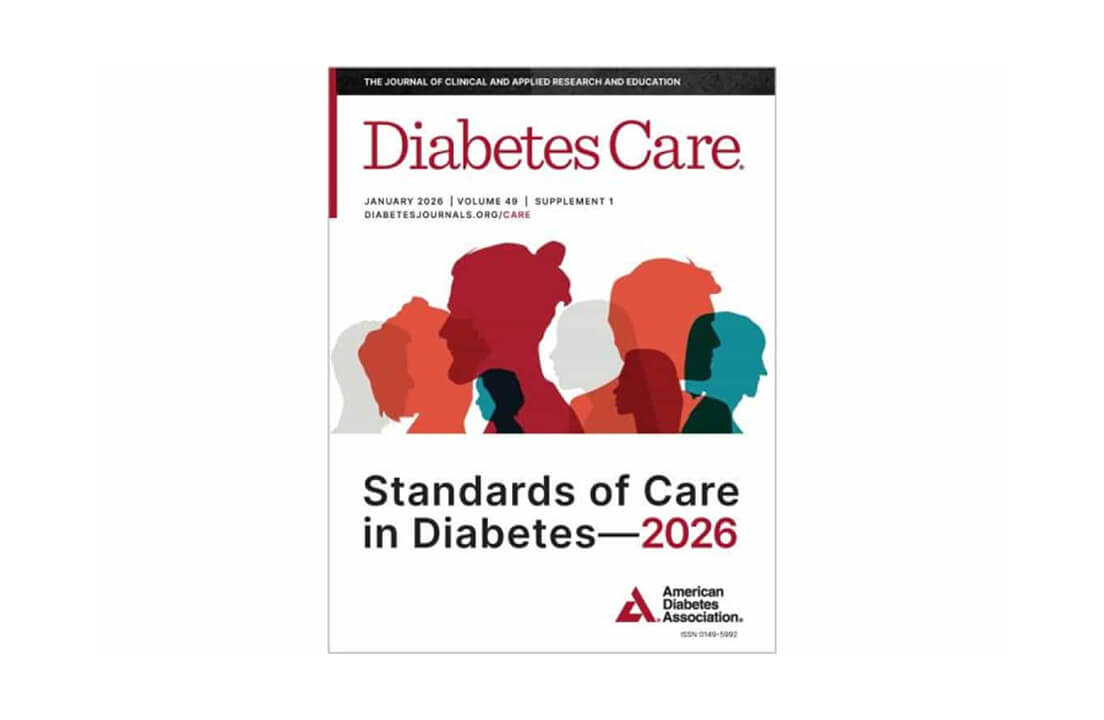
.webp)
.jpg)

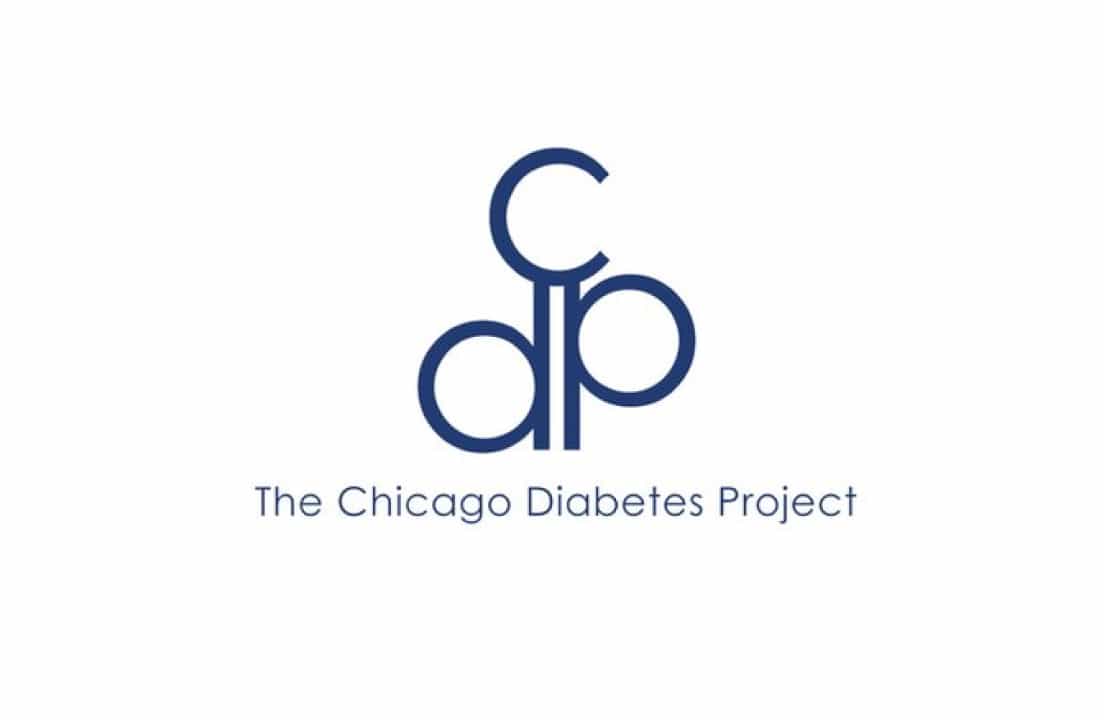
.jpg)

.jpg)
.jpeg)
.jpg)
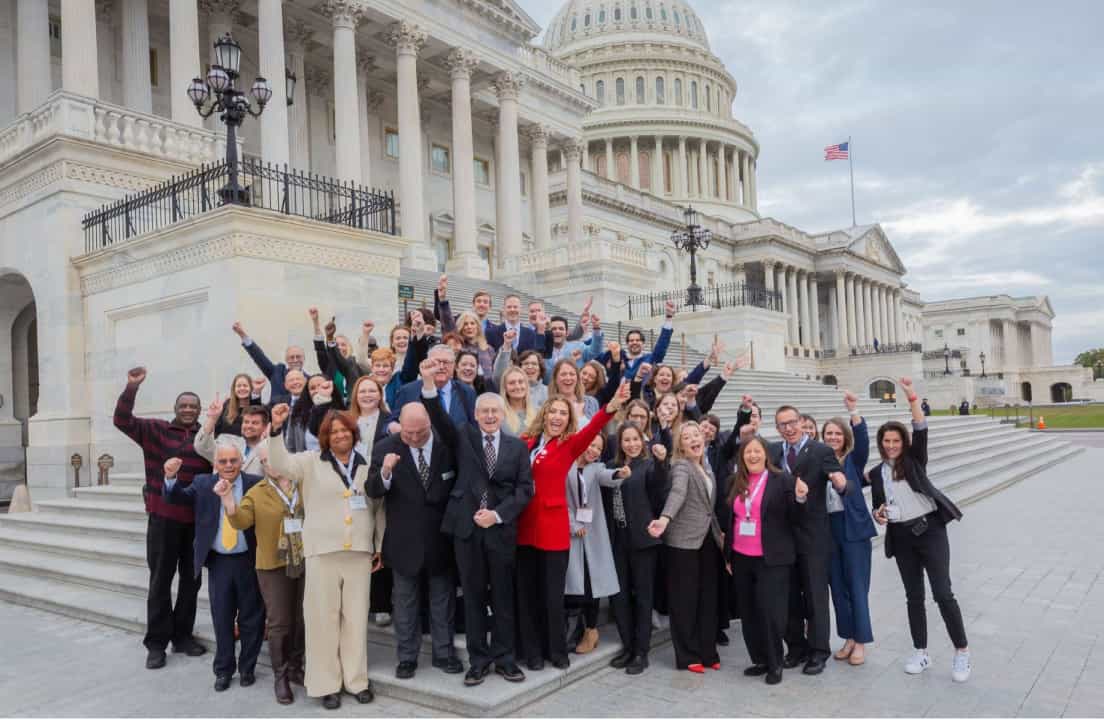

.jpg)


.jpg)
.jpg)

.jpg)


.jpg)

.jpg)

.jpg)




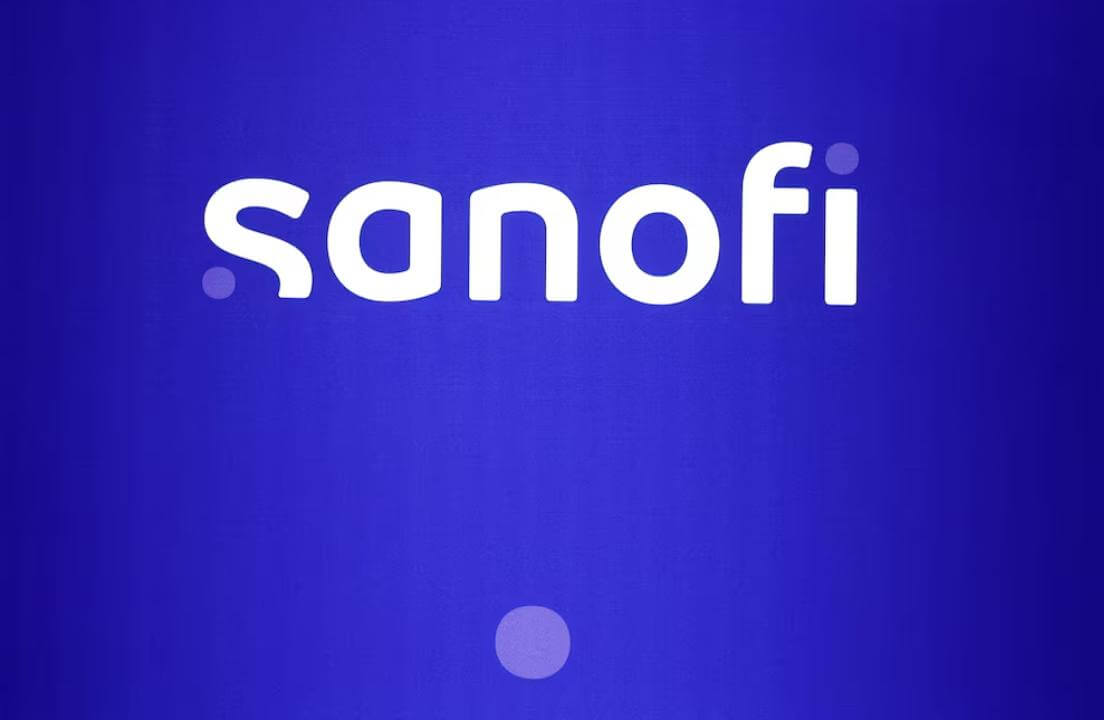
.jpg)
.jpg)
.jpg)
.jpg)

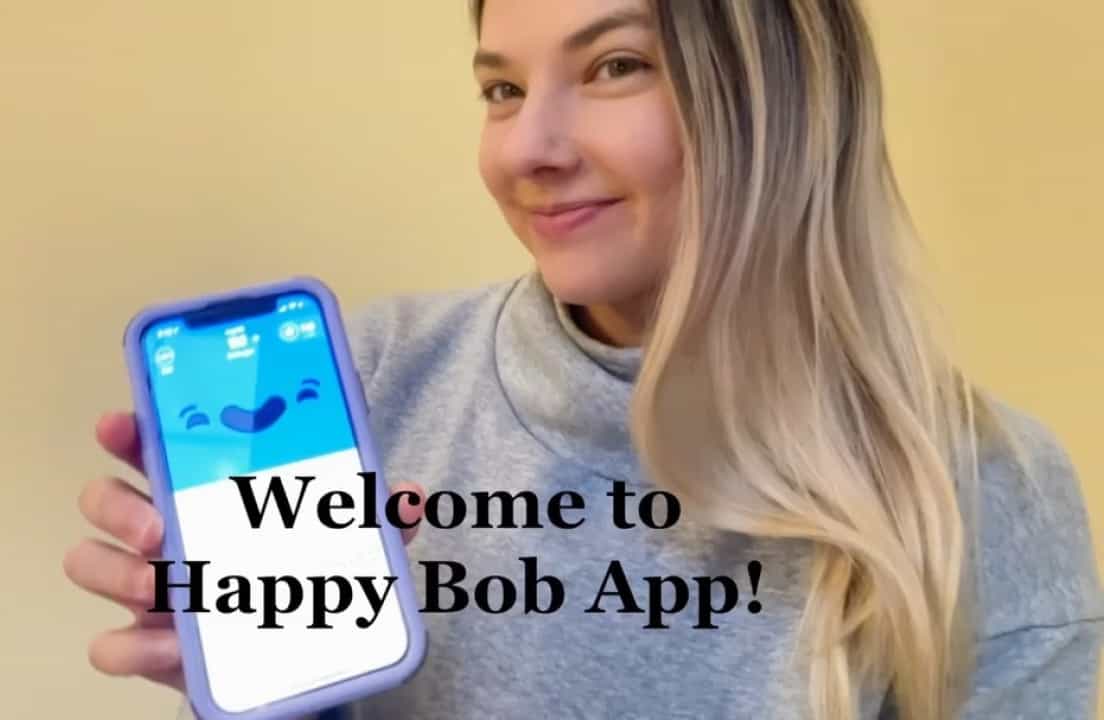
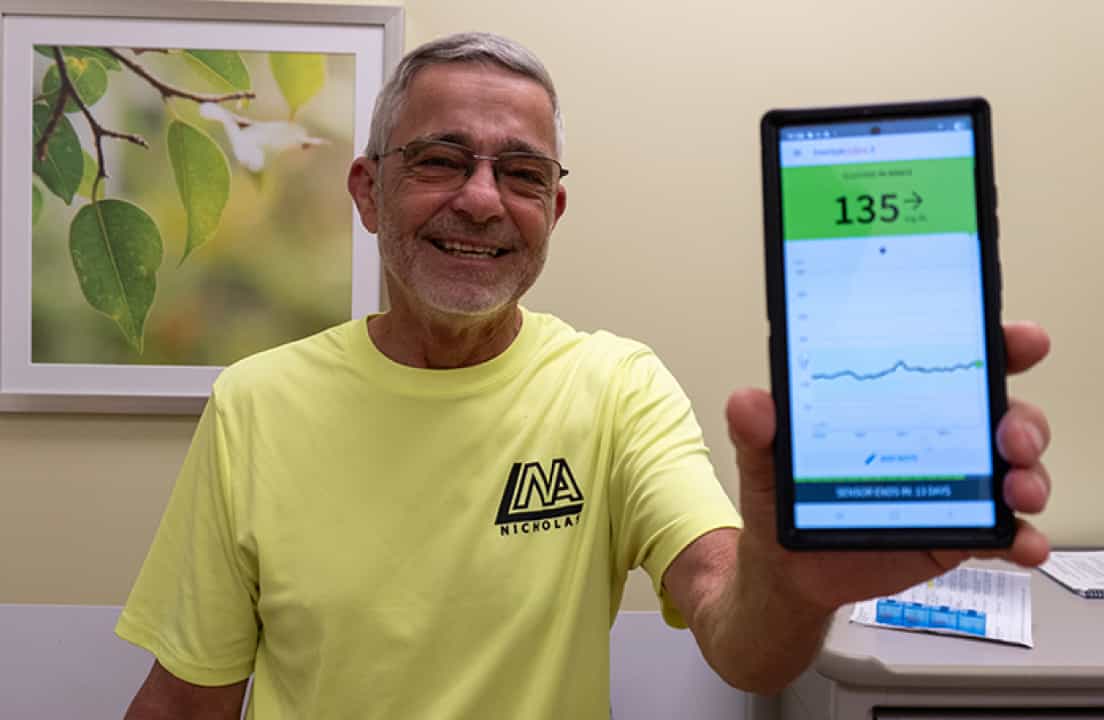

.jpg)
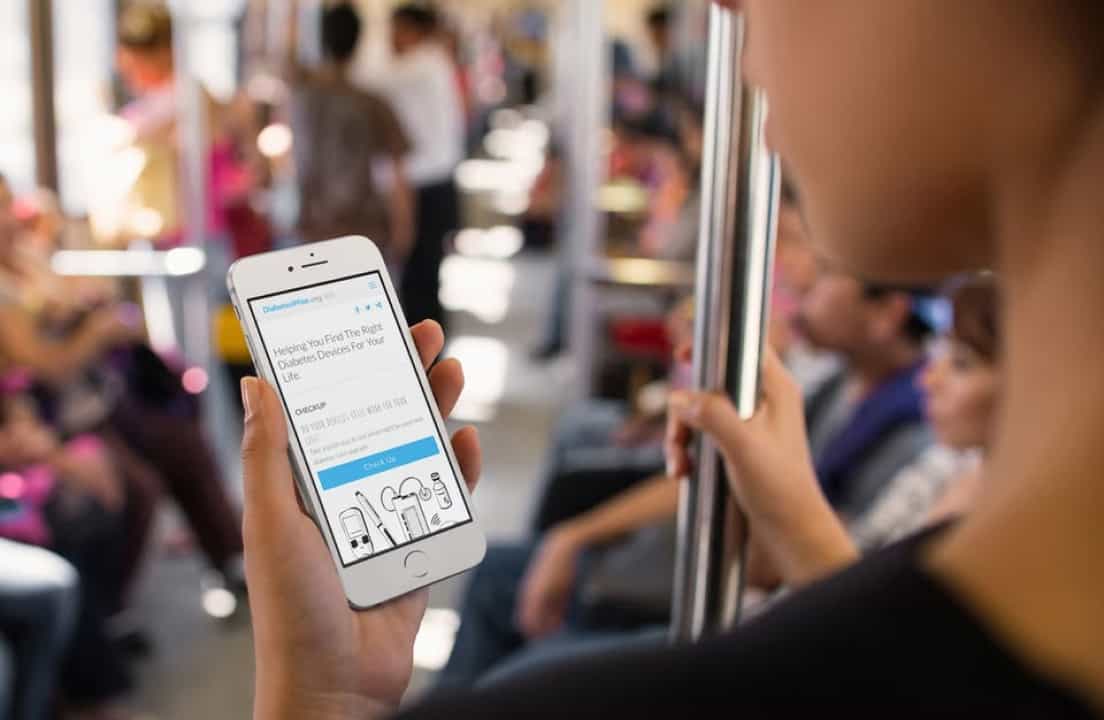
.jpg)
.jpg)
.jpg)
.jpg)
.jpg)



.jpg)

.jpg)
.jpg)
.jpg)
.jpg)
.jpg)
.jpg)
.jpg)
.jpg)

.jpg)
.jpg)
.jpg)
.jpg)
.jpg)
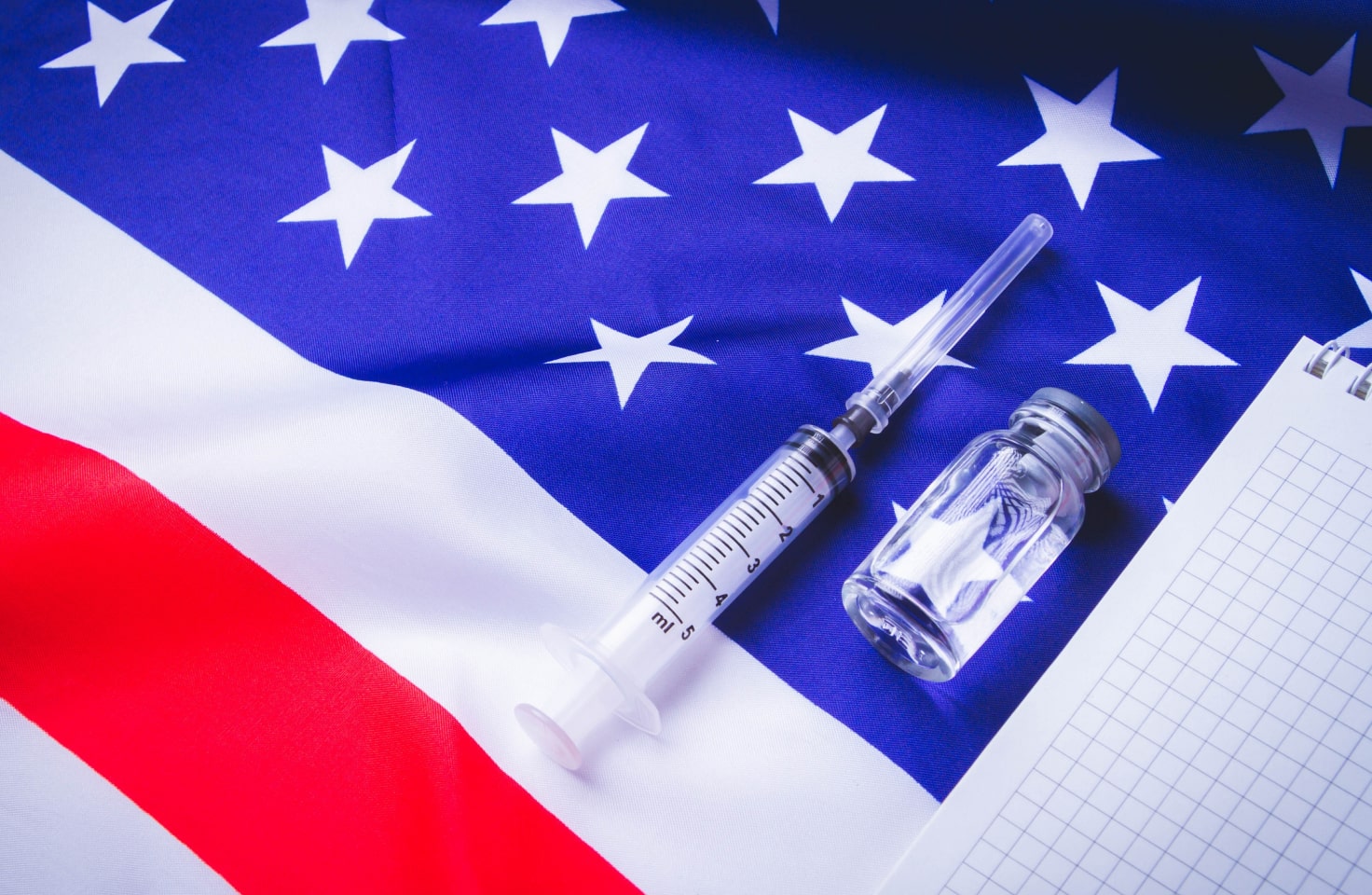
.jpg)
.jpg)
.jpg)


.jpg)

.jpg)
.jpg)
.jpg)
.jpg)
.jpg)

.jpg)
.jpg)



.jpg)
.jpg)
.jpg)

.jpg)
.jpg)























.webp)